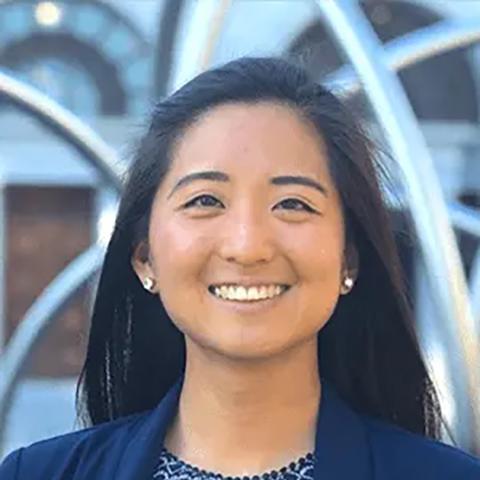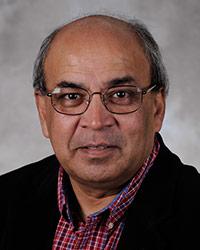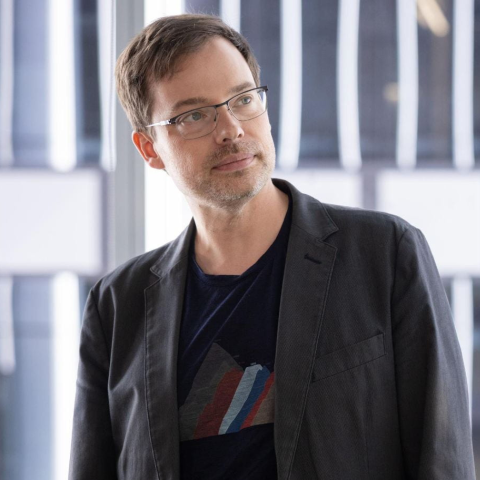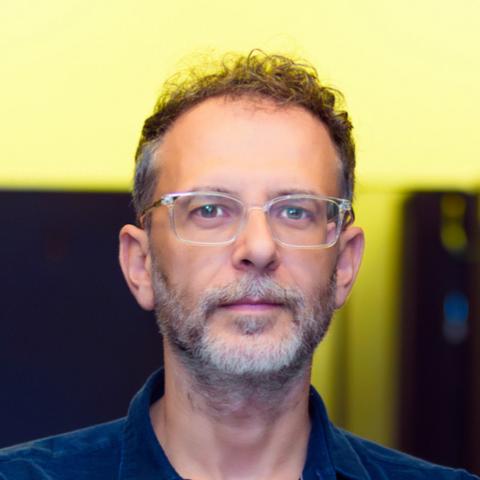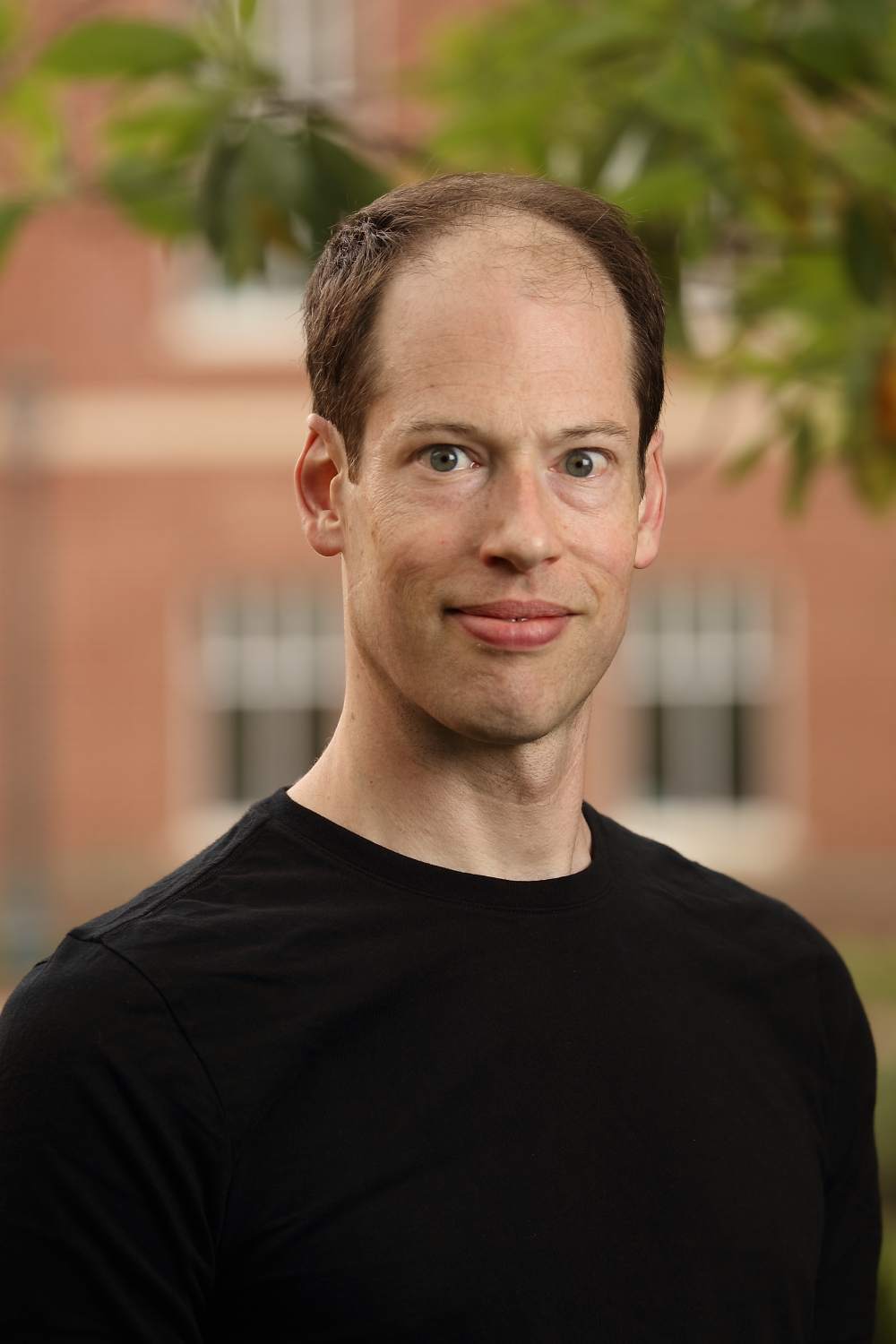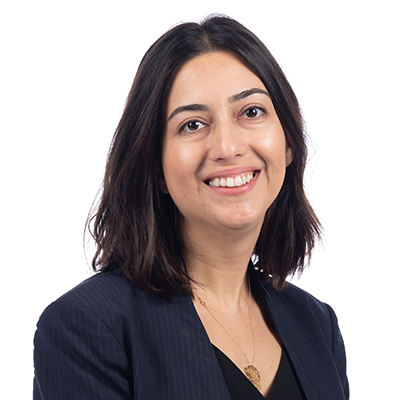Bjarne Kreitz
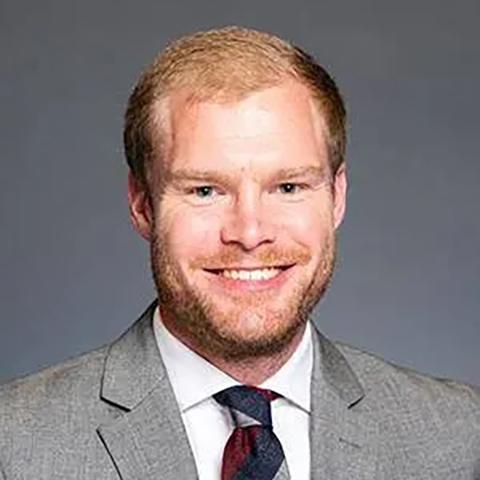
Bjarne Kreitz is an incoming Assistant Professor of Chemical Engineering at Georgia Tech. Kreitz received a B.Sc. and M.Sc. in Chemical Engineering from Clausthal University of Technology (Germany). He obtained his Dr.-Ing. in Chemical Engineering from Clausthal University of Technology under the supervision of Prof. Thomas Turek, working on the microkinetic investigation of the transient methanation with experiments and multiscale modeling.
Kreitz conducted postdoctoral work at Brown University with Prof. Franklin Goldsmith with a Feodor Lynen Postdoctoral Scholarship from the Alexander von Humboldt Foundation. Before joining Brown, he worked briefly as a postdoc at the Karlsruhe Institute of Technology (Germany) in the group of Prof. Olaf Deutschmann.
- Complex Systems
- Energy and Sustainability

